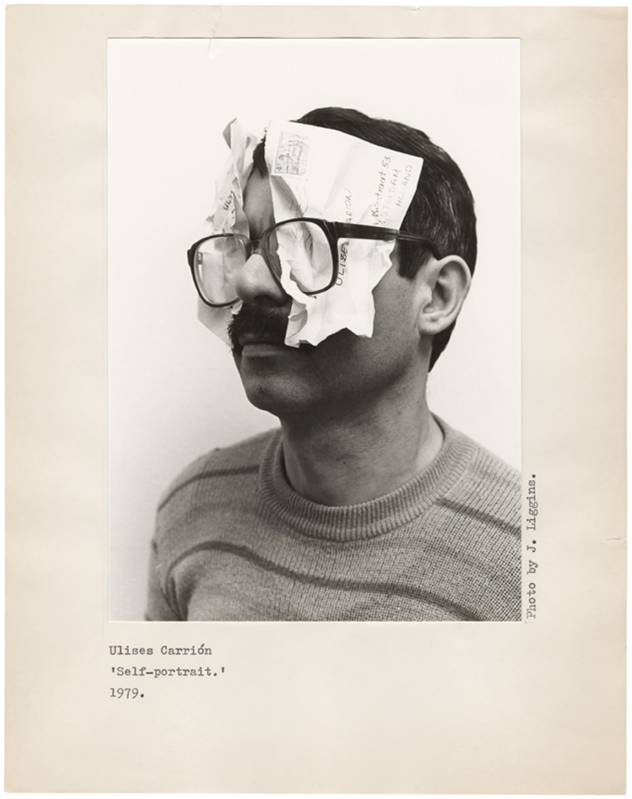Ulises Carrión: a text is only a book when it is bound
 Friday, July 22, 2011 at 1:55PM
Friday, July 22, 2011 at 1:55PM 
As we know from Ulises Carrión, there is no such thing as an unbound book. ‘A writer… does not write books’, he declares in ‘The New Art of Making Books’:
A writer writes texts.
The fact, that a text is contained in a book, comes only from the dimensions of such a text; or, in the case of a series of short texts (poems, for instance), from their number.
The book is just a container for text. The idea of binding is thus essential to the book.
Tempting though it may be, then, we can’t say that whereas in the past the book had been bound it isn’t anymore and that, after centuries of print, such conventional notions of the book have become outdated. We can’t say this, not just because e-books and iPad apps -- while offering different types of binding to printed books, different ways of securing pages together -- nevertheless reinforce rather conservative, papercentric notions of bookishness that make their identities just as closed, fixed, stable, locked-down and certain in their own ways as those of the scroll and codex book (for authors and publishers, but also for readers). That’s one reason, to be sure. But the main reason we can’t say this is because an unbound book is quite simply no longer a book. Without a binding, without being tied or fastened tightly together, a writer’s text is not a book at all: it is just a text or collection of texts. A text is only a book when it is bound.
(This is one of a series of posts written as version 3.0 of a contribution to Mark Amerika's remixthebook project. For other posts in the series, see below and here)
 Gary Hall | Comments Off |
Gary Hall | Comments Off | 





